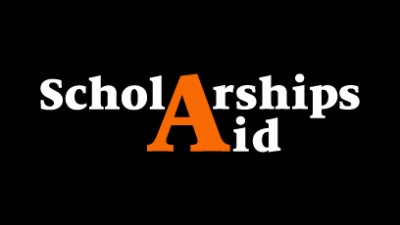Gent Carrabregu
Assistant Professor
Bio
Gent Carrabregu holds a PhD in Political Science from Northwestern University (Evanston, IL, USA). His research interests are in the fields of contemporary political theory, history of political thought, political and moral philosophy, and international relations. His PhD thesis is a political-theoretic study of Kant’s late treatise The Conflict of the Faculties and its effective history in the ethical-political thought of G.W.F. Hegel, Hannah Arendt, and Jürgen Habermas. His research articles and other writings have appeared in international journals such as History of European Ideas, Constellations, Political Theory, Contemporary Political Theory, and Theory & Event. After finishing his PhD, Dr. Carrabregu was a Postdoctoral Fellow and Research Scientist at Duke University, where he conducted research in political theory and taught courses on American Political Thought and Frankfurt School Critical Theory.
Select Scholarship
Journal Articles (peer-reviewed):
“Arendt’s Idea of the University.”History of European Ideas 47, no. 4 (2021): 604-634.
“Habermas on Solidarity: An Immanent Critique.” Constellations 23, no. 4 (December 2016): 507-522.
Book Reviews/Review Essays/Symposia:
“A Healthy Mind in a Healthy Body Politic.” Syndicate (October 2022).
Review of A Philosopher’s Economist: David Hume and the Rise of Capitalismby Margaret Schabas & Carl Wennerlind. Contemporary Political Theory 21 (Suppl 4): 182-186 (2022).
“Rethinking Rawls and Habermas: New Paradigms of Judgment and Justification.” Political Theory 43, no. 1 (February 2015): 144-152.
“The Democratic Limits of the Ethical Turn.”Theory & Event 16, no. 3 (September 2013).











